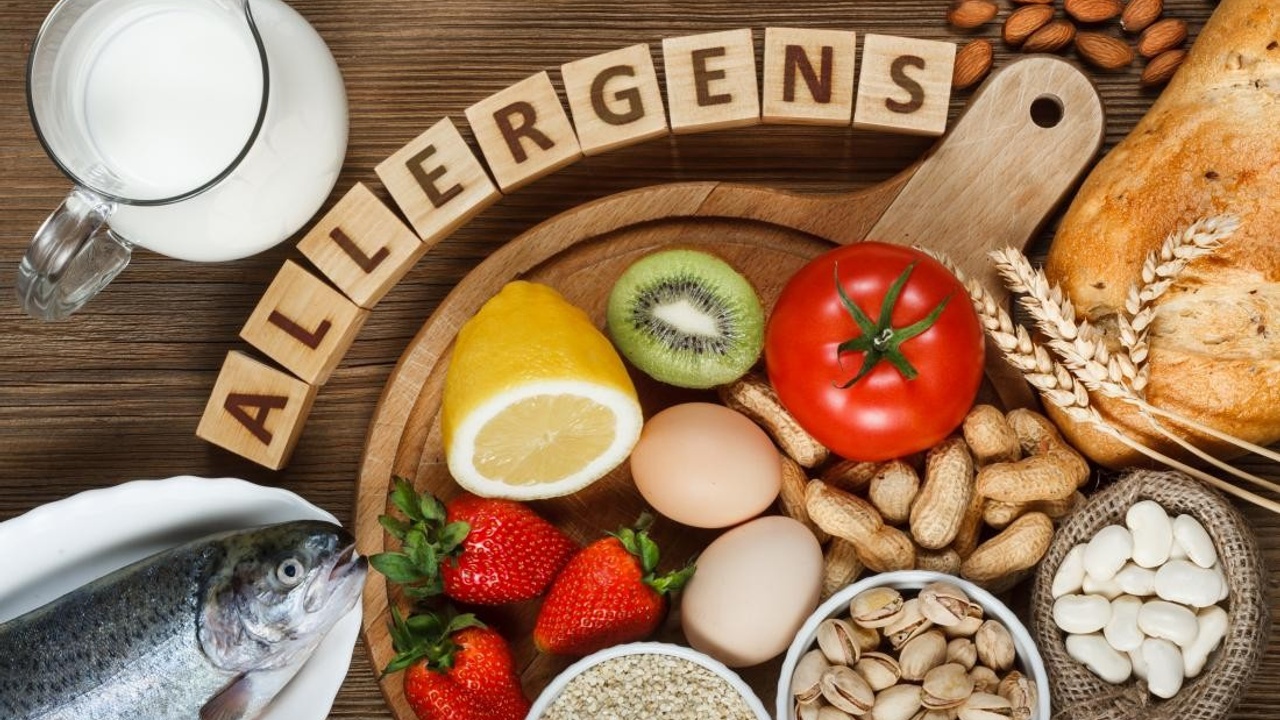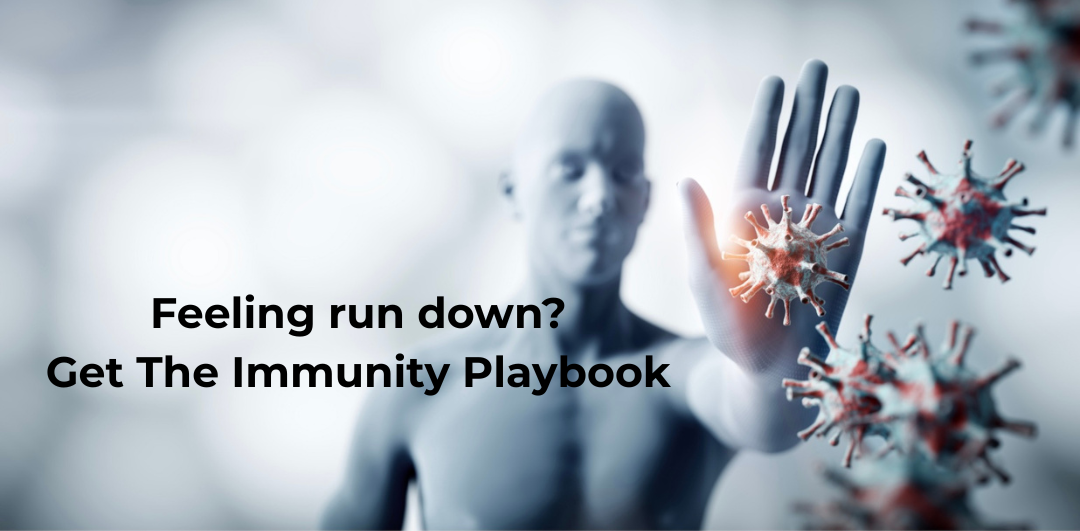What Are the Symptoms of Food Allergies?
Mar 10, 2021
It’s the end of Allergy Awareness Month here at Integrative Wellness Advisors. Between our site and our Facebook page, we’ve covered what an allergy actually is, what can cause an allergy, (seasonal allergies to pollen or ragweed) and natural remedies for allergies. So to round things up, today we’re going to talk about food allergies and more specifically, how to tell if you have one.
First, food allergies and food intolerances affect nearly everyone at some point. When people have an unpleasant reaction to something they eat, they often think that they have an allergy to the food. Actually, however, only about 1% of adults and 3% of children have clinically proven allergic reactions to food. So what exactly is the difference between an allergy and an intolerance?
Food intolerances are an abnormal response to food, and its symptoms can resemble those of a food allergy. But food intolerances are far more prevalent, occur in a variety of diseases, and are triggered by several different mechanisms, than those of a food allergy. Food intolerance symptoms are generally less serious and are limited to digestive problems. Also food intolerance symptoms generally come on gradually and don’t involve an immune system reaction. If you have a food intolerance, you may be able to eat small amounts of the offending food without trouble. You may also be able to take steps that help prevent a reaction, such as taking a lactose intolerant pill before having dairy. Food intolerances can be caused by a number of things: absence of an enzyme needed to fully digest food; irritable bowel syndrome; food poisoning; sensitivity to food additives and celiac disease.
Food allergies, however, have different symptoms and can, at times, be deadly. A true food allergy causes an immune system reaction that affects numerous organs in the body and can cause a range of symptoms. Symptoms of a food allergy include: itching in the mouth and difficulty swallowing and breathing; nausea, vomiting, diarrhea, and abdominal pain; hives, eczema or asthma; and lightheadedness, weakness, and anaphylaxis (a sudden drop in blood pressure). And all of the symptoms of a food allergy occur within a few minutes to an hour of eating. It’s important to see a doctor or allergist if you have food allergy symptoms shortly after eating. If possible, see your doctor when the allergic reaction is occurring. This will help your doctor make a diagnosis.
However, deciding whether you have a food intolerance can be easy by doing a simple elimination diet or a detox. I can help you on your detox diet journey and would love to show you how to naturally treat your food intolerance symptoms.


